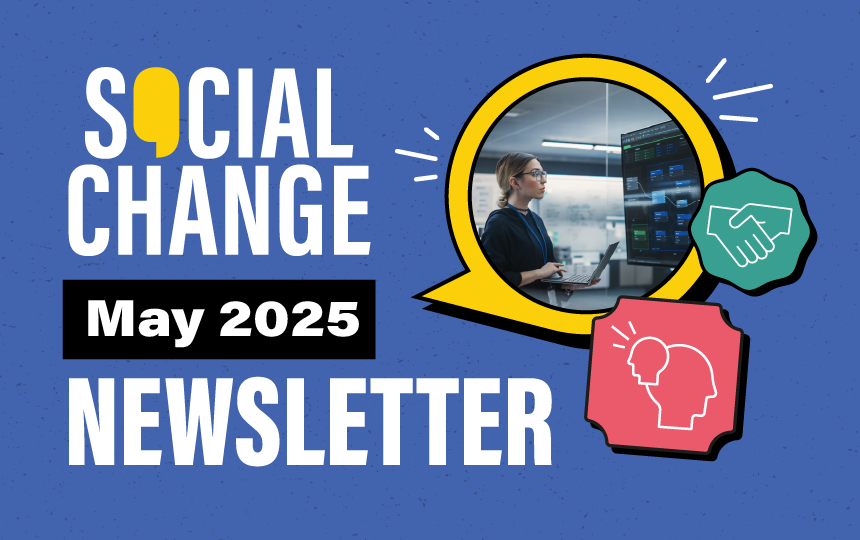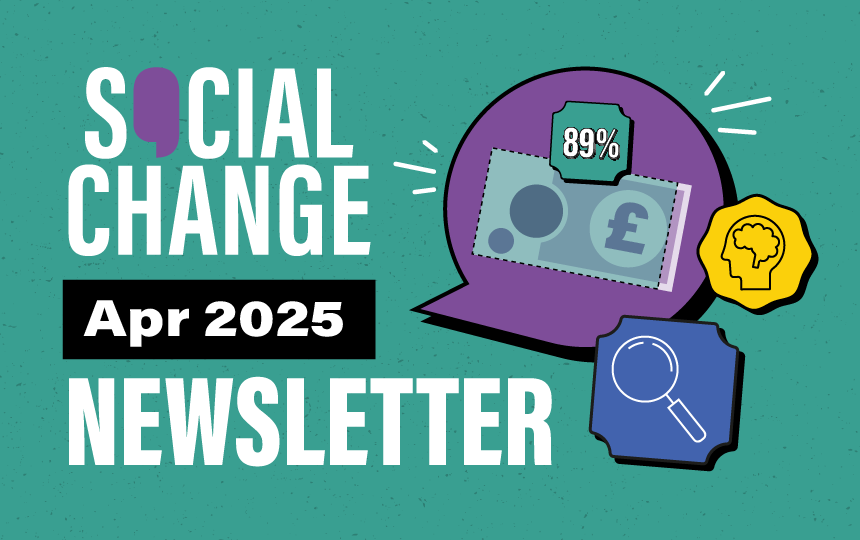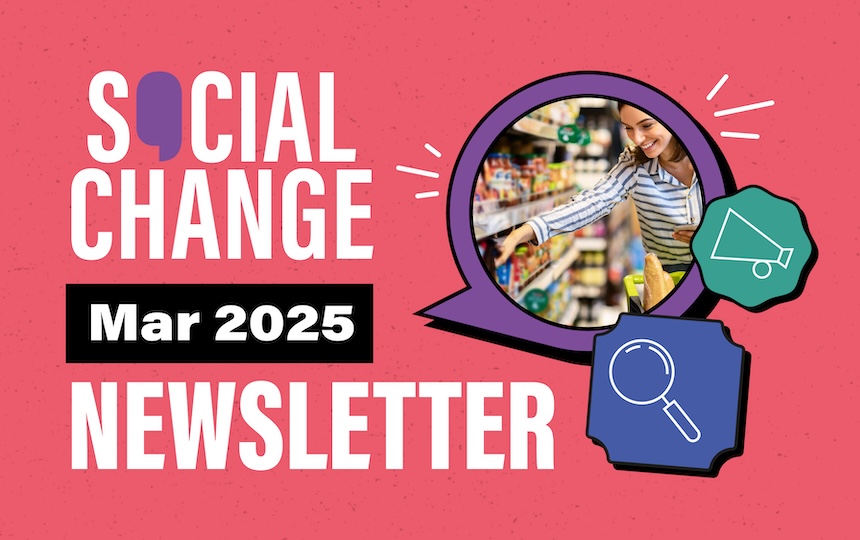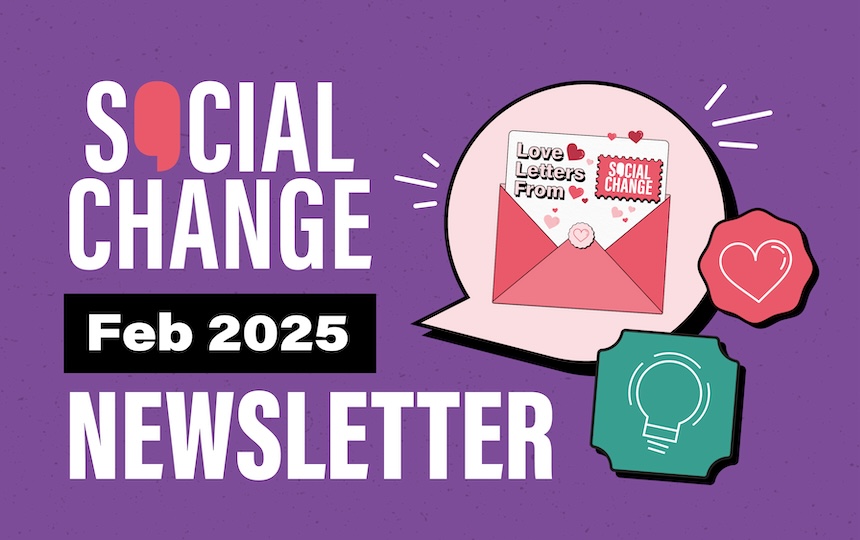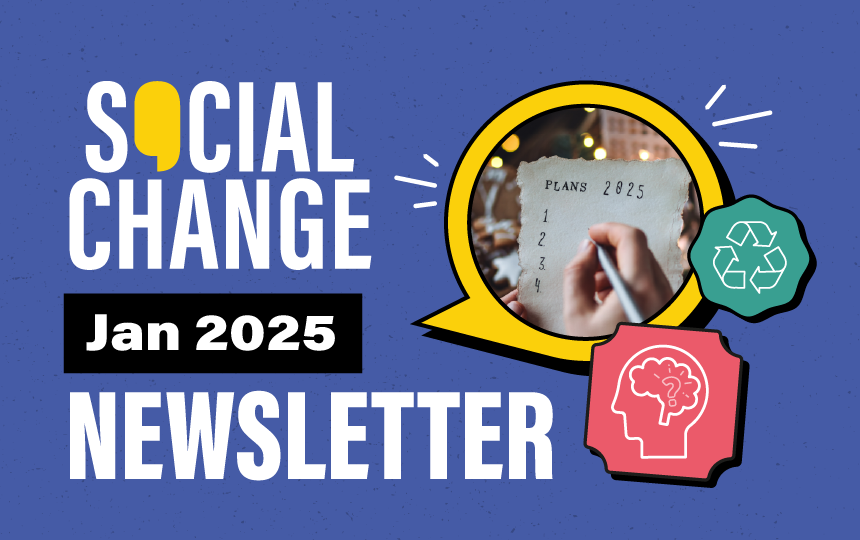Combine defaults with the Centre-Stage Effect: make the preferred choice the easiest, most visible one to guide people effortlessly toward it.

'BS' of the month
A one-minute introduction to a behavioural theory
Default Effect
If the default can shape our retirement savings, organ donation, and data privacy, what else is it silently steering?
We often stick with pre-set choices, even when better options are available. This is the Default Effect in action.
Imagine signing up for a new app. It asks if you want to receive marketing emails, and the box is already ticked “yes.” Most of us don’t uncheck it, not because we want the emails, but because the default feels like the easiest option.
It’s the same when you hit print and accept the default settings, even if double-sided would save paper. It feels quicker to go with what’s already selected.
The Default Effect saves time, reduces effort and shapes more of our decisions than we realise...

Applying BS Where It Counts... Real Life
Car insurance is a brilliant everyday example of the Default Effect in action.
Most insurers set auto-renewal as the default, meaning your policy continues automatically unless you take active steps to cancel or switch. Often, this results in paying a higher premium, but many people just let it roll over, even though shopping around could save them money. It's simply easier and quicker to stick with what's already in place.
Supermarkets use subtle defaults too, especially at self-checkouts.
Take bags, for example. “No bag” is usually the default option. If you want one, you have to say so and pay extra. That simple default nudges people to go without a bag, promoting more environmentally friendly behaviour without forcing it.
Why do defaults work so well? Because they’re often safe, easy and expected. We stick with them to save time and avoid decision fatigue. But over time, these pre-set options shape our behaviour. Whether it’s what we eat, how much, or how often.
How can you improve defaults with Behavioural Science?
Want to make decision-making easier for your audience? Read our blog to discover how you can use default settings to influence behaviour!
Tap into Risk Aversion by framing default options as the safest bet. Familiar, low-risk, and reassuring during change.
Use subtle cues like positive language, social proof, or smart design to make your default option feel like the natural, popular choice.
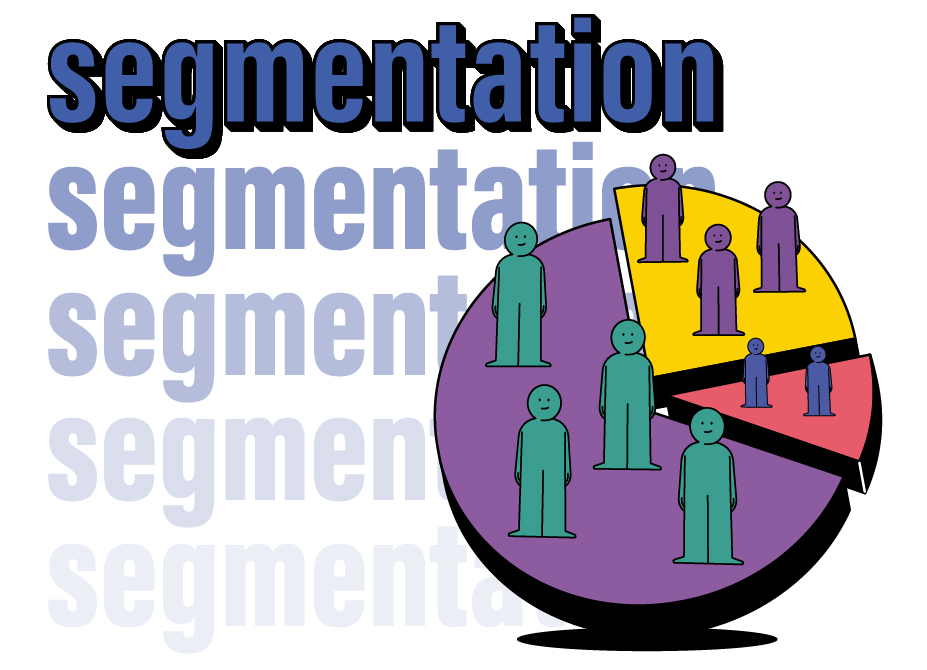
What’s new in the Changemaker Academy
Segmentation: 4 ways to divide your audience
Ever feel like your message just isn’t landing, even when you’re saying all the right things? It’s probably not what you’re saying, but who you’re saying it to.
Our latest blog dives into segmentation - what it is, how it works, and why it’s essential if you want to really understand your audience and create change that actually works. From demographics and behaviour to what people think and feel, Daisy breaks down the four key types of segmentation and shows how to use them to turn insight into action!
Whether you're designing a campaign, improving a service, or developing a policy, this blog is packed with practical insights for anyone working to influence behaviour or connect with people more meaningfully.
Ready to see your audience clearly? Read now
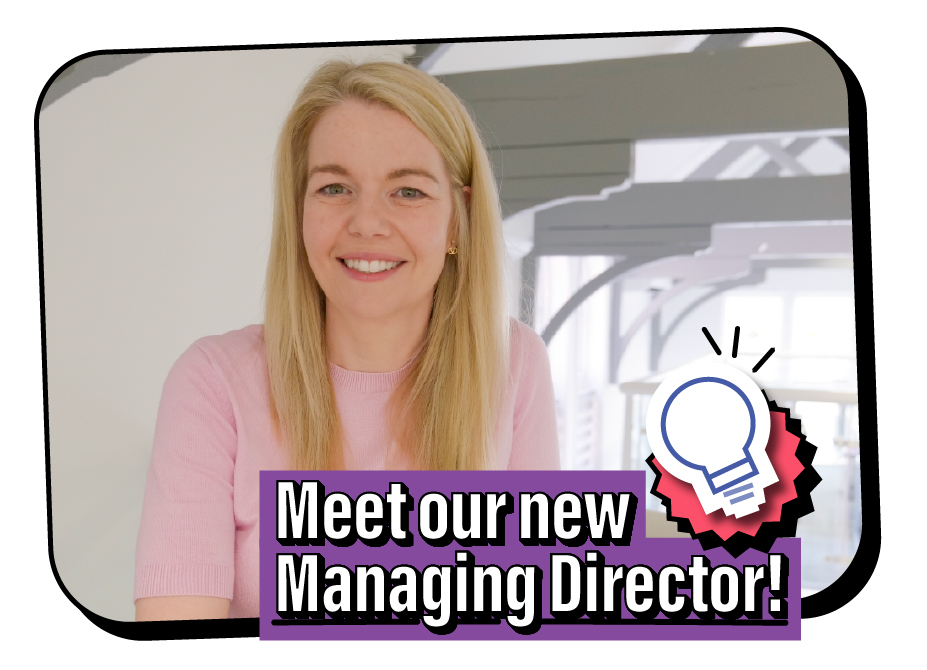
What’s happened at Social Change HQ
Meet our new Managing Director
June kicked off with a major milestone... after 15 incredible years at the helm, our brilliant founder Kelly has stepped down as CEO.
We’re thrilled to share that the baton has officially been passed to Alison, who steps into her new role as Managing Director after 3 years leading growth and innovation here at Social Change.
Alison brings energy, enthusiasm and knowledge to everything she does. She’s deeply passionate about the work we do, the clients we support, and the impact we make - we have no doubt she’s going to absolutely smash it in this new role!
Better Business Day
June 11th marked Better Business Day, and we were backing a better future for UK business!
We know business can drive progress and profit. But this starts with companies considering people, planet and profit in every decision. The current way isn’t working. From climate crisis to corporate scandals, short-term thinking is holding us back.
However, better business is already here. With B Corps growing, creating new jobs whilst others cut back. We’re more resilient, trusted, and built to last!
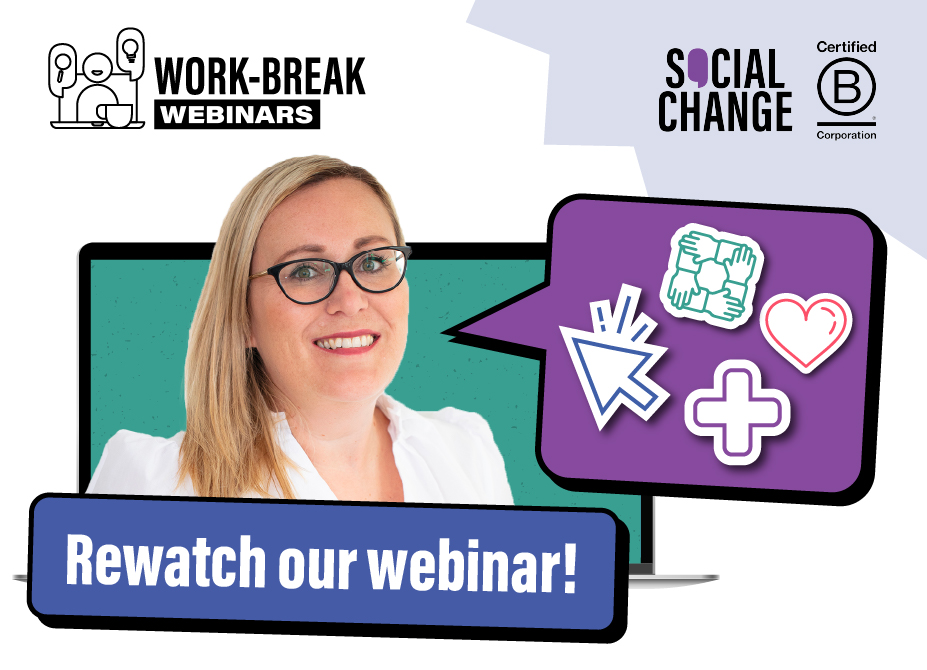
How to Improve Health Literacy Webinar
Did you miss our latest webinar? You can now watch it online!
Over 200 professionals joined us for an engaging session exploring why giving people the facts isn’t always enough.
Nearly half of adults in England struggle to understand written health advice, especially when numbers are involved. That means many important messages are missed, misunderstood, or ignored.
If you work in public health, communications, or community engagement, this session is packed with insight you can put into practice!



